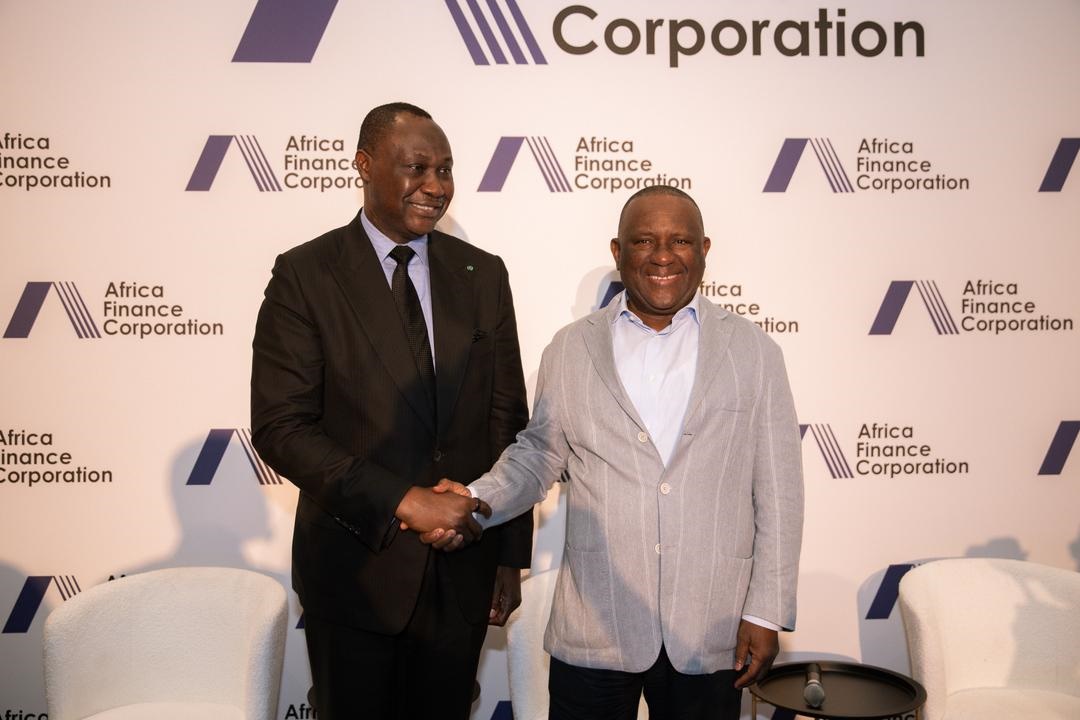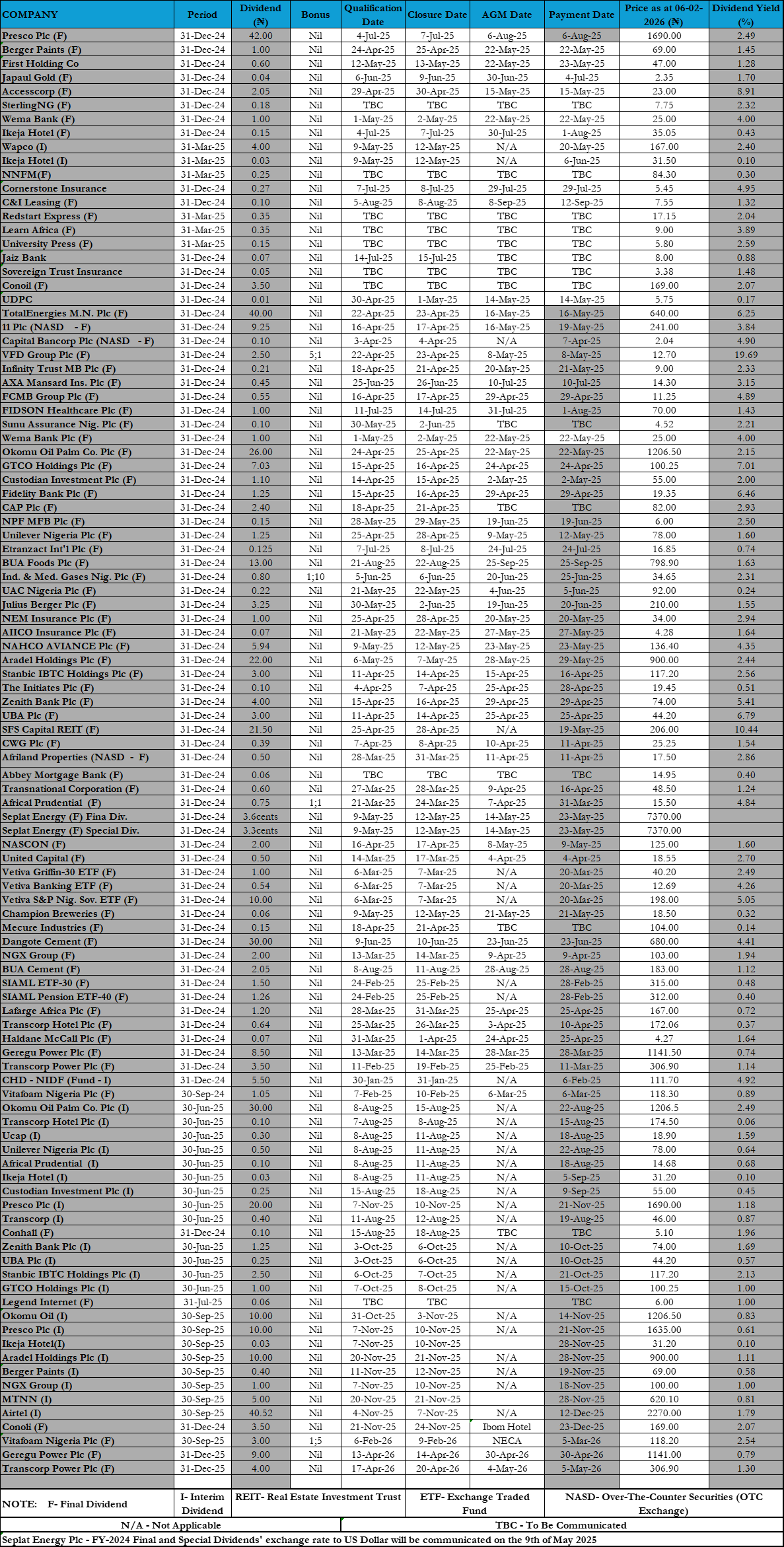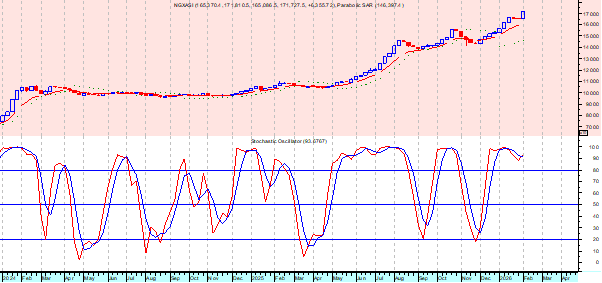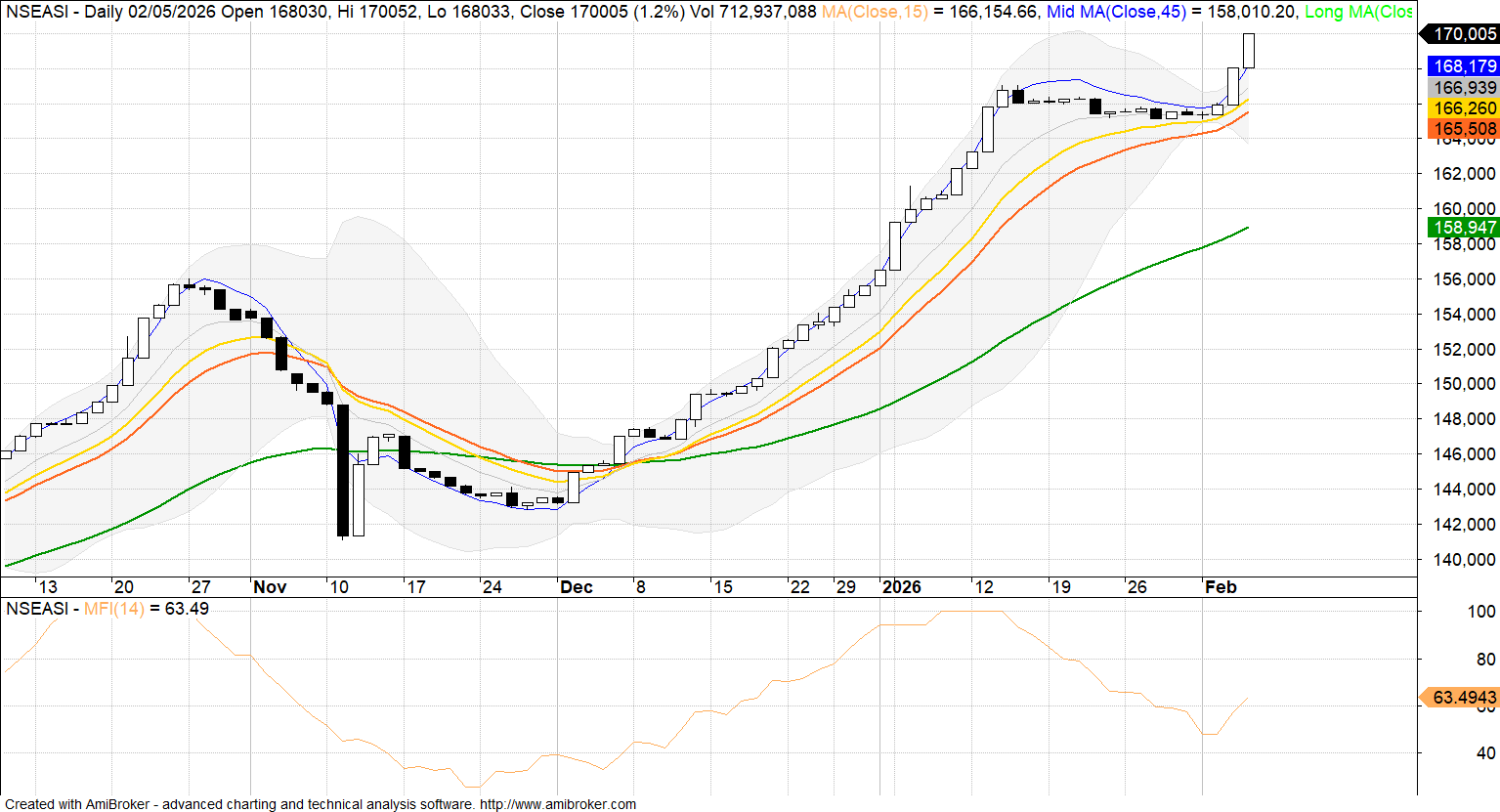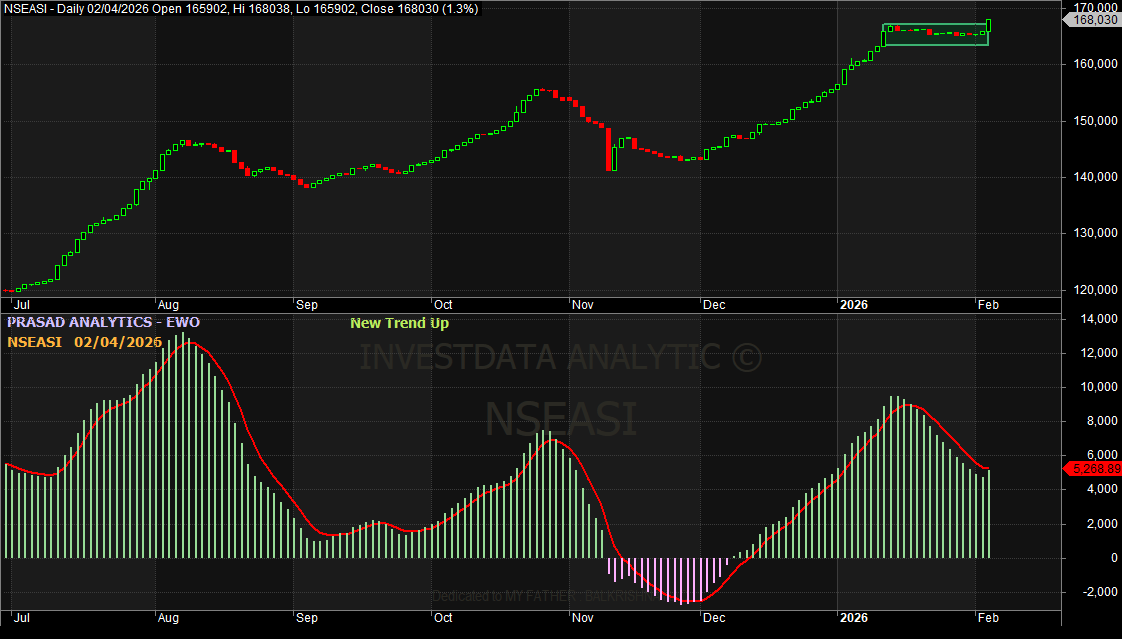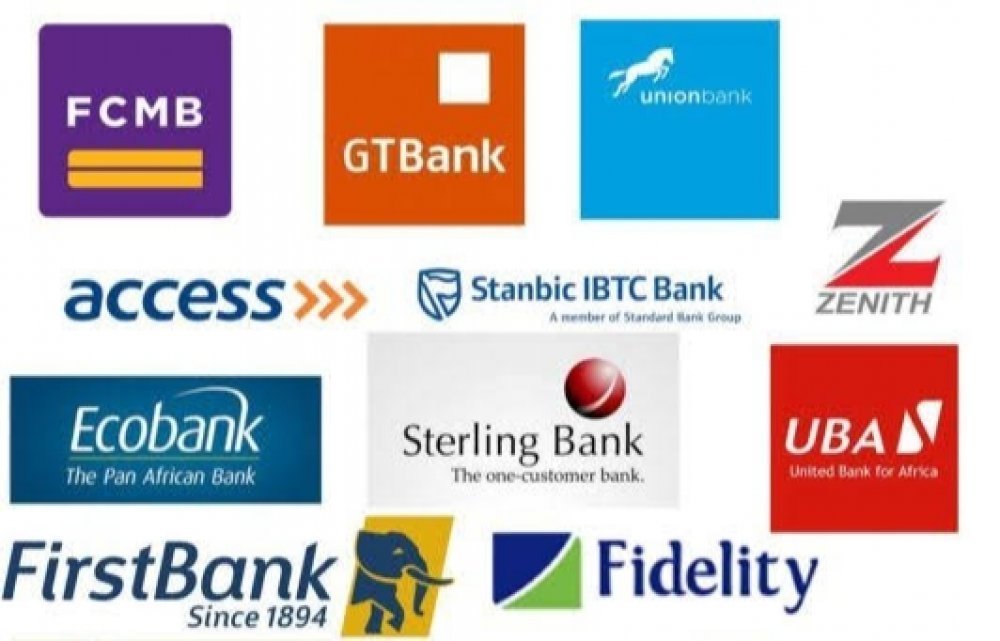
Oil prices slipped slightly on Thursday as traders took profits following a 4% rally driven by escalating tensions in the Middle East. Brent crude settled at $69.36 and WTI at $67.97, after fears of conflict between Israel and Iran spurred concerns of supply disruptions. President Trump hinted at a potential Israeli strike, while nuclear talks between the U.S. and Iran are set for Sunday in Oman.
Traders remain cautious amid the possibility of regional escalation, especially around the Strait of Hormuz—a critical oil route. Analysts warn a shutdown could drive prices up to $130 per barrel, though the risk is seen as low for now.
India’s Inflation Falls To 6-Year Low, Supports Rate Cut
India’s retail inflation dropped to 2.82% in May, staying below the 4% target for the fourth month, as food prices eased. The decline, the lowest in over six years, supports the RBI’s recent surprise rate cut.
Food inflation fell to 0.99%, while core inflation held near 4.2%. Economists see room for another rate cut if inflation stays low, though the RBI now adopts a “neutral” stance.
The RBI lowered its 2025–26 inflation forecast to 3.7% citing strong harvests and early monsoons.
Vegetable prices plunged 13.7% year-on-year in May, aiding the overall drop.
German Economy Set For Modest Recovery After Two-Year Slump
Germany’s economy is expected to return to growth in 2024 after two years of contraction, with leading economic institutes raising their forecasts. The Kiel Institute now projects 0.3% growth for 2024, citing a stronger-than-expected Q1. The Ifo, RWI, and IWH institutes also revised their 2024 growth estimates upward to 0.3%–0.4%, with 2026 forecasts ranging from 1.1% to 1.5%.
The improvement follows government stimulus efforts, including a €46 billion tax relief package and a €500 billion infrastructure plan. However, the OECD emphasizes the need for structural reforms, forecasting 0.4% growth in 2024 and 1.2% in 2026.
Rwanda Raises 2024/25 Budget By 21% To Fund Infrastructure, Agriculture, Services
Rwanda has announced a 7 trillion Rwandan francs ($5 billion) budget for the 2024/25 fiscal year—up 21% from the previous year. According to Finance Minister Yusuf Murangwa, the increased spending will support key projects, including a $2 billion international airport in Bugesera, and improvements in agriculture, electricity, education, and healthcare.
To raise revenue, the budget introduces higher excise duties on cigarettes, beer, airtime, a tourism tax, and reinstates VAT on some goods like fuel. About 58% of funding will come from domestic taxes, 8% from grants, and 31% from external borrowing.
The government projects 7.1% economic growth in 2025 and 7.5% in 2026, while aiming to stabilize debt and build economic resilience.
Naira Holds Below ₦1600/$ As Oil Climbs On Tensions, FX Reforms
The naira traded below ₦1600/$ in the parallel market, supported by rising oil prices, ongoing FX reforms, and improving investor sentiment. Bonny Light crude approached $70 per barrel, aided by fresh Nigerian July-loading cargoes and heightened geopolitical tensions in the Middle East.
Stalled US–Iran nuclear talks and threats to oil routes like the Strait of Hormuz raised fears of supply disruptions. Meanwhile, the Nigerian government clarified that no final decision has been made on a $5bn oil-backed loan deal with Aramco, citing ongoing negotiations and market speculation.




